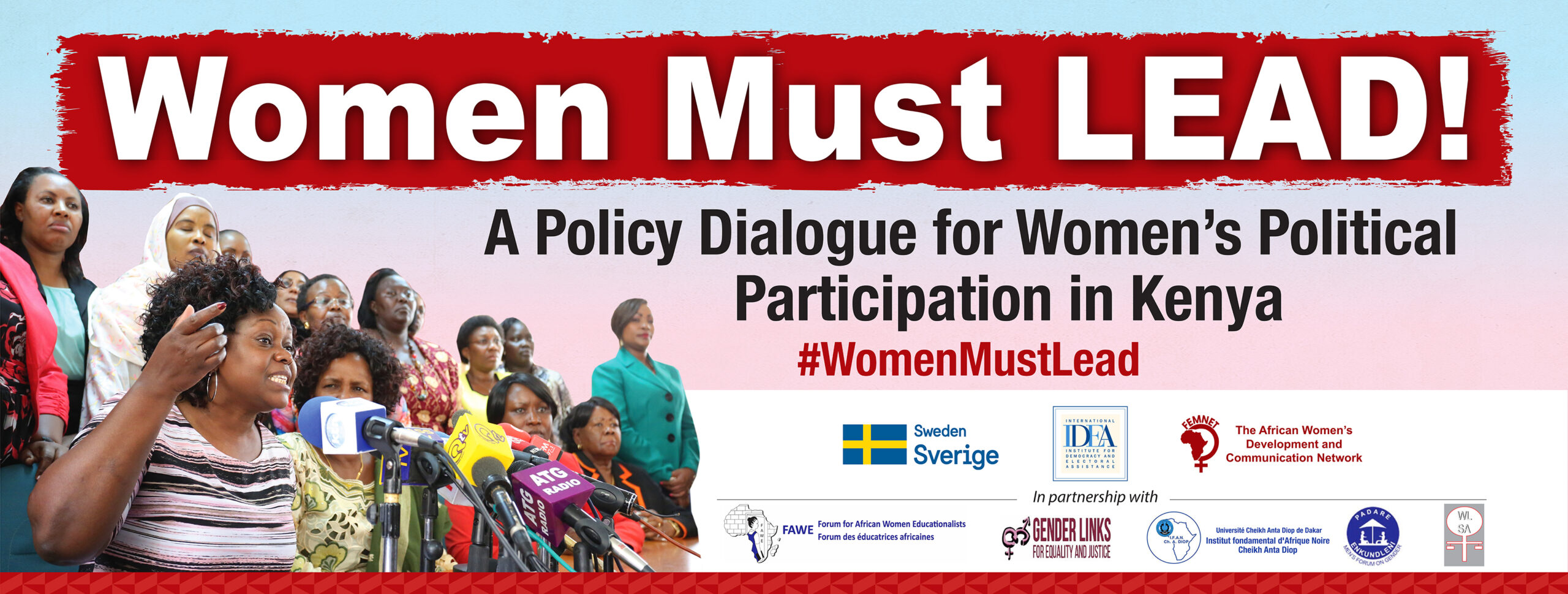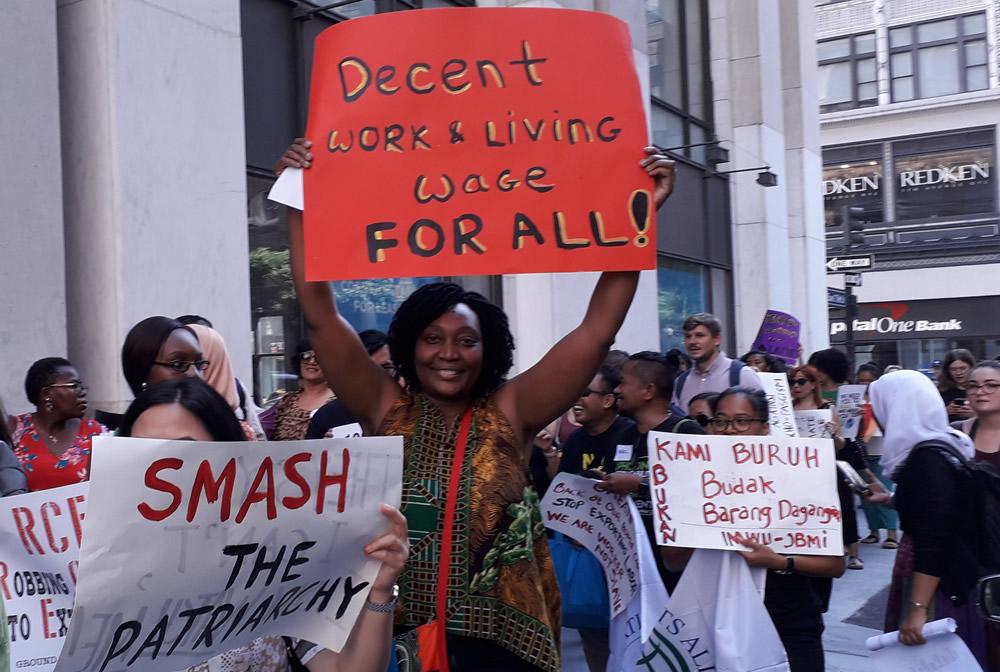The Africa We Want: A Call to Action for African Women’s Organizations and Activists on the Post-2015 Development Agenda
Tuesday, 04 September 2012 13:29
As the deadline for the achievement of the Millennium Development Goals (MDGs) approaches, debates have begun in earnest on; how we accelerate progress on the current set of Millennium Development Goals (MDGs) while at the same time, consulting both nationally and globally on the goals and targets that could build on and succeed the MDGs. As Governments, civil society and other stakeholders work on accelerating progress towards achieving the MDG targets, discussions and processes are already underway to determine the Post 2015 Agenda.
There have been significant advances in meeting certain MDGs, and hard won gains made on gender equality over the past 12 years. Gender gaps in girl’s enrolment in primary education have closed in almost all countries. Women are living longer and having fewer children. There have also been increases in women’s participation in labour market in almost every region of the world.
However, despite these gains, women and girls continue to bear the burden of poverty disproportionately, gender disparities remain particularly pronounced among the poorest women, and progress particularly those affecting African women have been slow and uneven. In addition, progress on all other MDGs are dependent on progress on gender equality and women’s rights and the continued discrimination against girls and women will continue to make it difficult to fully achieve any of the MDGs. Henceforth, it is imperative that before the next agenda is finalized, we African Women Right organisations a) reflect on African Women’s experience within the existing MDGs, b) strategies collectively on how we effectively and efficiently engage with the discourse as it unfolds at all levels by developing a concrete country lead action plan to accelerate progress on the existing MDGs. And finally c) ensure gender equality is central to the post 2015 Framework.
The Post 2015 Agenda is a critical issue for African citizens and civil society organizations at every level and more so, for African women, youths and other marginalized groups. As a result, it’s critical that women organisations across Africa ensure the Post 2015 consultations are driven influenced and shaped by the voices and experiences of the millions of African citizens. Emphasis on the marginalized and voiceless; including those residing in rural or remote areas, people living with disabilities, impoverished communities, indigenous groups, religious and ethnic minorities, out of school youth, orphans and other vulnerable children among others. Pan African CSOs and alliances have recently began consolidating efforts with a strategic aim of ensuring the next agenda is no longer prescriptive, but one that reflects Africa’s trajectory with the existing MDGs and mirrors the future we want for Africa.
Please see attached document for more details on what is being done as well as how to engage, at national, regional and global levels.
However, despite these gains, women and girls continue to bear the burden of poverty disproportionately, gender disparities remain particularly pronounced among the poorest women, and progress particularly those affecting African women have been slow and uneven. In addition, progress on all other MDGs are dependent on progress on gender equality and women’s rights and the continued discrimination against girls and women will continue to make it difficult to fully achieve any of the MDGs. Henceforth, it is imperative that before the next agenda is finalized, we African Women Right organisations a) reflect on African Women’s experience within the existing MDGs, b) strategies collectively on how we effectively and efficiently engage with the discourse as it unfolds at all levels by developing a concrete country lead action plan to accelerate progress on the existing MDGs. And finally c) ensure gender equality is central to the post 2015 Framework.
The Post 2015 Agenda is a critical issue for African citizens and civil society organizations at every level and more so, for African women, youths and other marginalized groups. As a result, it’s critical that women organisations across Africa ensure the Post 2015 consultations are driven influenced and shaped by the voices and experiences of the millions of African citizens. Emphasis on the marginalized and voiceless; including those residing in rural or remote areas, people living with disabilities, impoverished communities, indigenous groups, religious and ethnic minorities, out of school youth, orphans and other vulnerable children among others. Pan African CSOs and alliances have recently began consolidating efforts with a strategic aim of ensuring the next agenda is no longer prescriptive, but one that reflects Africa’s trajectory with the existing MDGs and mirrors the future we want for Africa.
Please see attached document for more details on what is being done as well as how to engage, at national, regional and global levels.
Additional Info
- Publisher:FEMNET, Oxfam
- Release date:Sep 4, 2012
- Contact for publication:advocacy@femnet.or.ke
[download id=”2263″]
Related Tags
Related Posts
“Women Must LEAD! We need feminist leadership in Kenya”
Press Statement For Immediate Release: Nairobi, 29th August 2020 Ten years after the promulgation of the Constitution of
Learn MoreFEMNET urges more commitment to the delivery of the 2030 Agenda for Sustainable Development
New York, 19th July 2019 – The African Women’s Development and Communication Network, FEMNET alongside hundreds of women’s
Learn More

